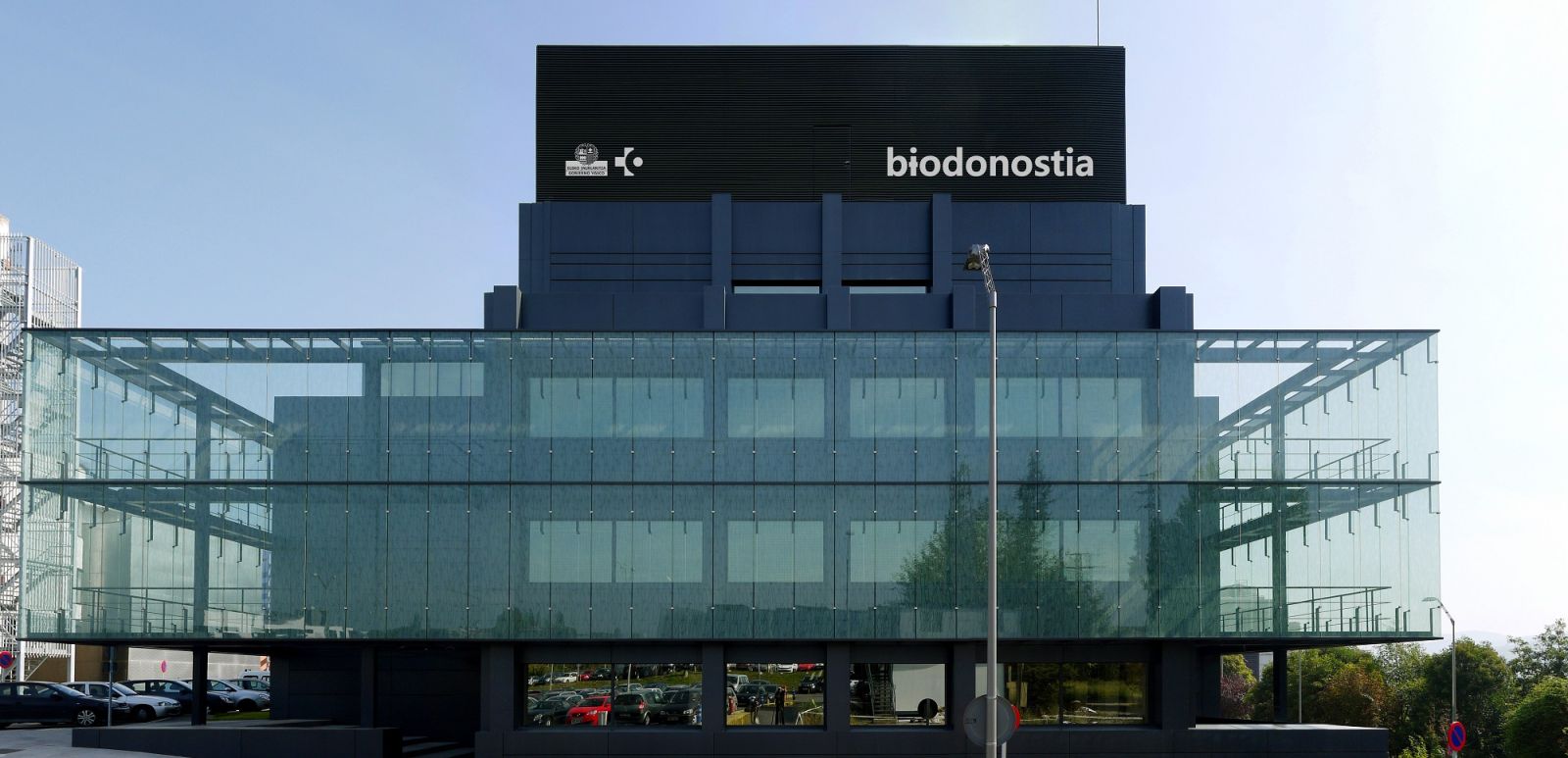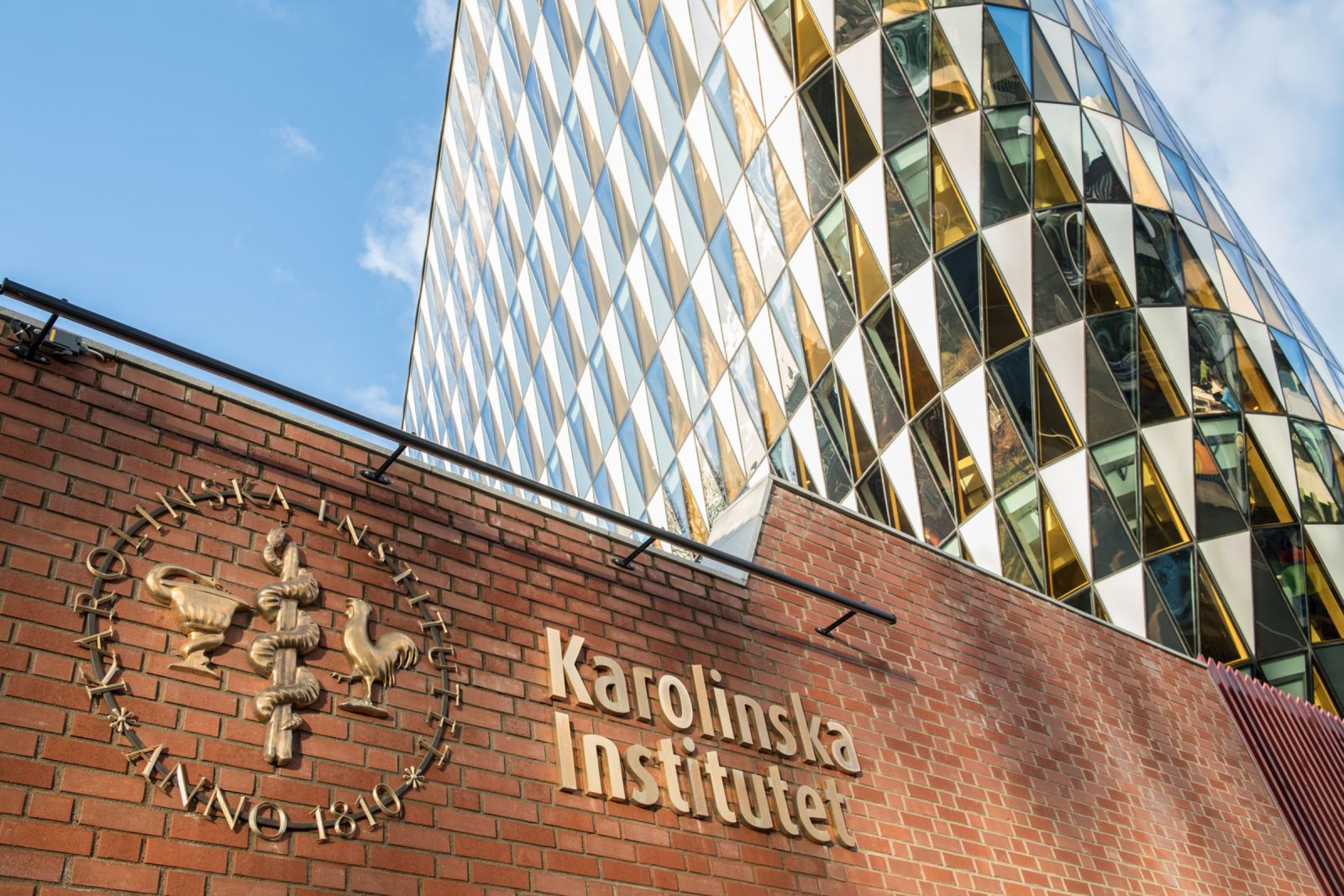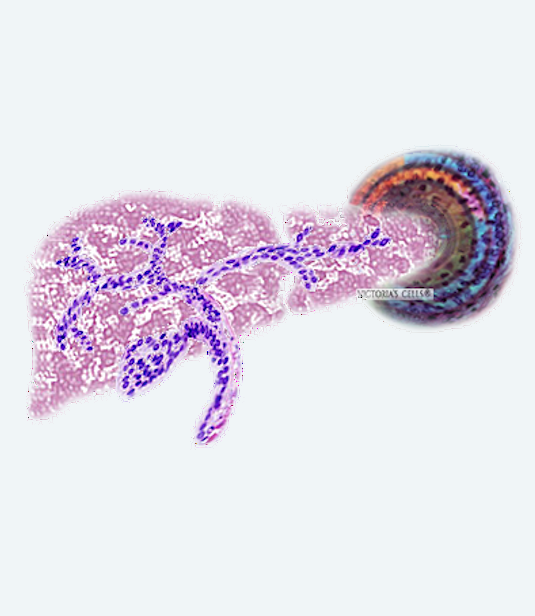
CA22125
Precision medicine in biliary tract cancer (Precision-BTC-Network)
Biliary tract cancers (BTC) include a heterogeneous group of aggressive tumours with an increasing incidence in Europe.
Biliary Tract Cancer
Heterogeneous group of aggressive tumours with an increasing incidence in Europe. Main challenges are represented by limited knowledge of risk factors, lack of biomarkers for diagnosis, unmet need for development of novel therapeutic strategies and harmonised access to novel drugs.
A pan-European interdisciplinary effort
Creation of a life science ecosystem that supports interaction between basic scientists, clinicians, regulatory authorities, advocacy groups, SMEs and pharmaceutical industry partners
Supporting a new generation of experts
Training and career development for Young Researchers and Innovators (YRIs) through the participation of in specific workshops, training schools, Short-Term Scientific Missions (STSMs), Virtual Mobility Grants and a mentorship programme
Improving awareness
Collaboration with patients and their representatives to identify priority research questions in the field of BTC and gaps in clinical service relevant to BTC subjects and improve public education and awareness.
Upcoming Activities
.png)
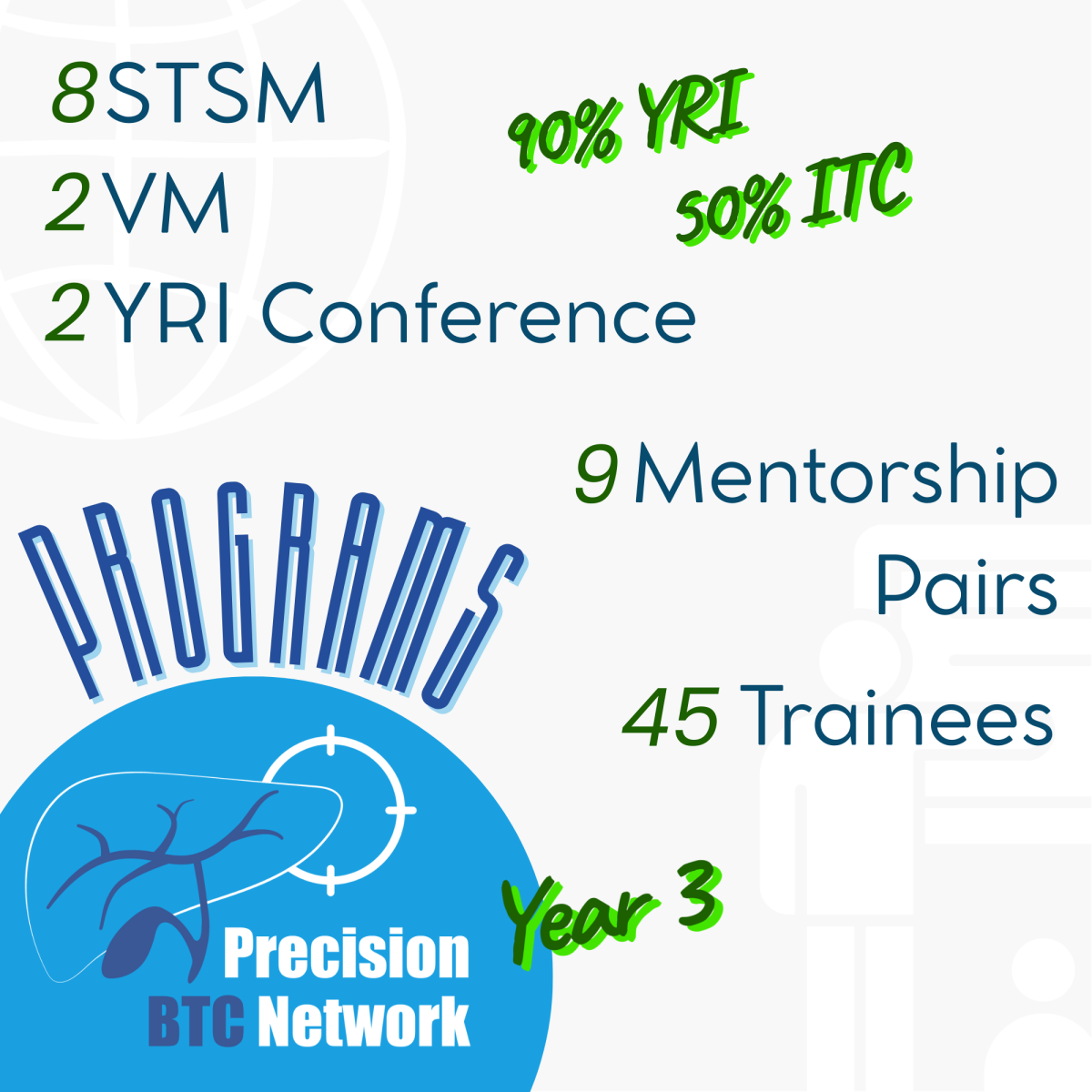
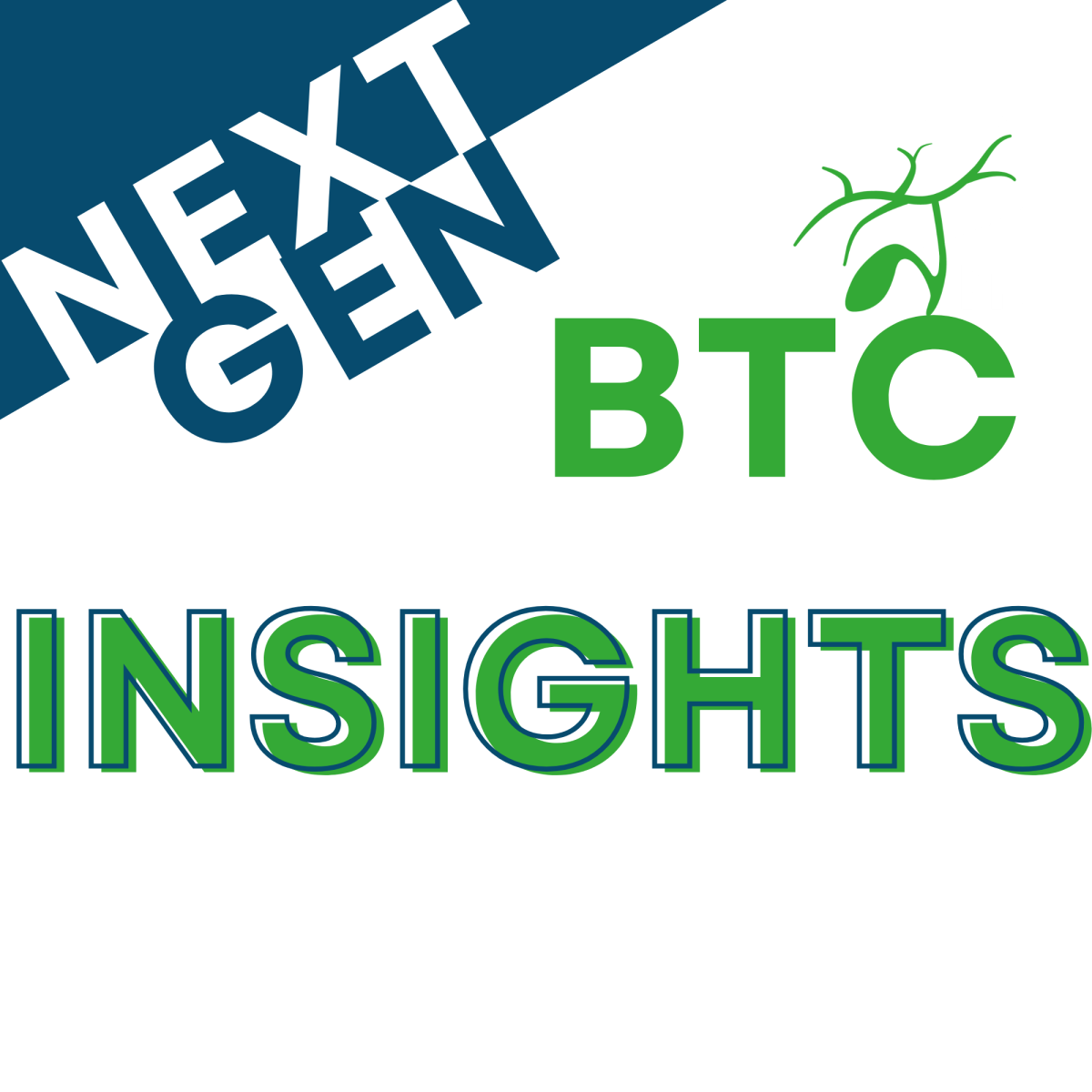
.png)
